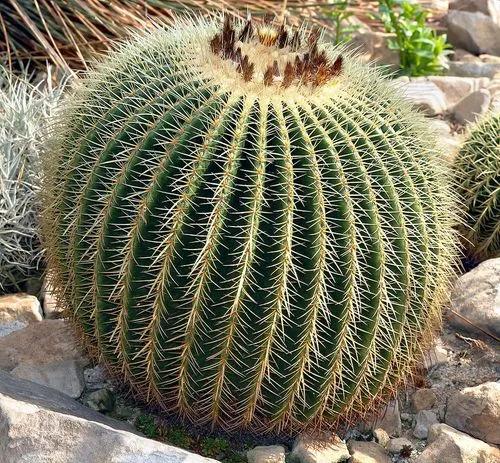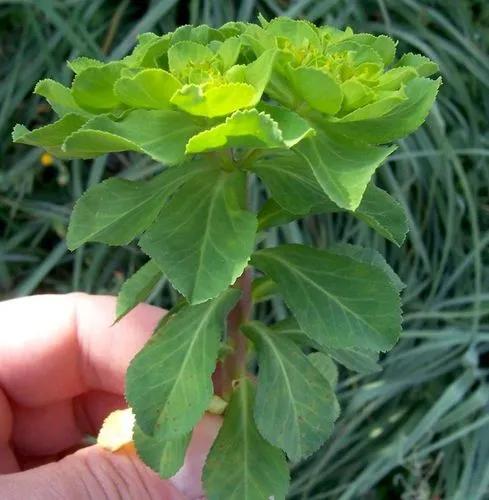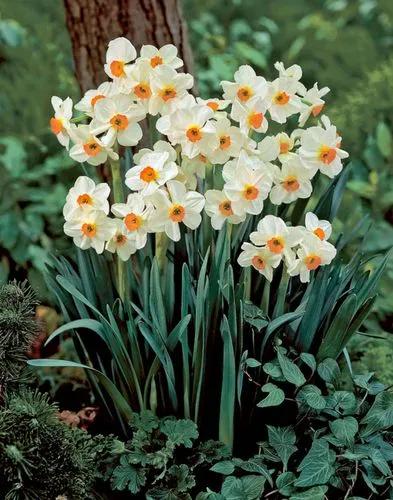Leontopodium nivale, commonly called edelweiss, is a mountain flower belonging to the daisy or sunflower family Asteraceae. It is non-toxic and has been used in traditional medicine as a remedy against abdominal and respiratory diseases.
Edelweiss Care
Leontopodium nivale



Edelweiss is a member of the daisy family. The plants are said to have snowy white flowers, but in reality the fuzzy white forms are modified leaves. The true flowers are short lived and rather unappealingly yellow and tiny. The plant is extremely hardy and has a fibrous root system that helps anchor it on rocky slopes. The thick, furry leaves help prevent moisture loss and form a barrier against wind and scouring rain. Edelweiss plants are slow growing and rarely exceed 8 by 8 inches (20 by 20 cm).
How to Care for the Plant

Water

Water regularly in the first weeks. Try to avoid watering on sunny afternoons to minimize the amount of moisture lost to evaporation. In any case, if it hasn’t rained in a month, water.

Fertilizer

Fertilization is not necessary. To keep the plant vital, it should be divided every few years after pruning in autumn.

Sunlight

Edelweiss prefers to grow in a partly shaded part of the rock garden.

Soil

The most important consideration for growing edelweiss plants is the soil. They need superior drainage and a pH that is slightly alkaline to medium acidity. For container plants, make a mixture of equal parts peat moss, sand and compost. In-ground plants need a similar mixture, which you can work into the existing soil.

Temperature

These plants can be grown outside in the areas where the lowest winter temperatures are down to -20ºF through -30ºF.

Popularity

157 people already have this plant 43 people have added this plant to their wishlists
Discover more plants with the list below
Popular articles






